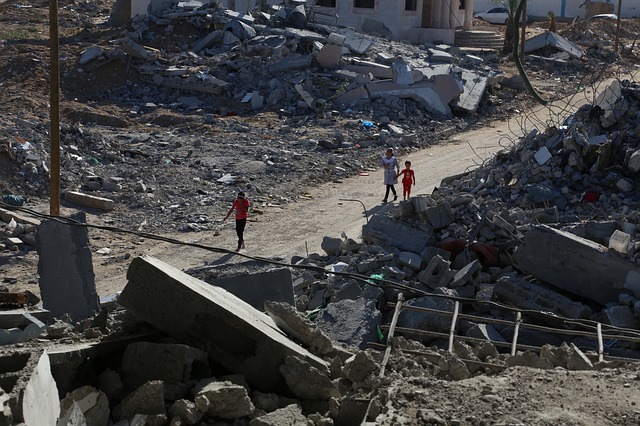The effects of Ramadan, Body, soul … or pocket?
by Annemarie Robson
International Editor
Middle East Business News & Magazine
The holy month of Ramadan started in June this year and lasted for a full lunar month (which ends today). For those who don’t know much about Islam, one might think that it only involves fasting from food and drink between sunrise and sunset.
Whilst fasting is part of the annual cycle of many other world religions (Christianity, Judaism, Hinduism), in Islam it forms one of the all-important five pillars of the faith. Beyond fasting, Ramadan has a prominent social and spiritual component that encourages Muslims to spend more time with their families, meeting regularly with others from their local community, and to contribute to charities (other than an annual Zakat payment). In reality this also means money spent purchasing special foods to be eaten when guests visit to break their fast – the all important iftar – and the giving of gifts to family and friends when Eid-ul-Fitr arrives. However, just as for those of other faiths, after a period of self-regulation Muslims enjoy this time of year and are more able to appreciate what they have. They understand the physical effects of those who are less well off than they are – those who are without food and drink for long periods of time.
By necessity, observing Ramadan can be a difficult process, especially so for those many millions of Muslims not living in Muslim-majority countries, or where public observance of any religion is frowned upon.
Let’s first look at how it can affect our health.
What can happen if the general instructions for observing Ramadan are not followed?
Whilst children, the ill and elderly are exempt from fasting, pregnant women may be advised to avoid such a regime during the gestation of their unborn child. Dr Rumy Hasan, senior lecturer at the University of Sussex, is writing a book on the impact of religion on growth and development in less developed countries. In a 2015 article in The Guardian, a UK newspaper, he mentions research by the Dutch academic, Reyn van Ewijk, pointing to an array of long-term health problems resulting from Ramadan fasting.
Mr Hasan’s article also shows that exposure to fasting before birth can also have longer term implications. For those not following the general advice, occupational health researchers highlight the effects of severe dehydration, including headaches, dizziness and nausea. Not something to enter into lightly, considering the full implications on one’s health – forty days of fasting from food and water for long periods can exacerbate a physical weakness, especially if living in some locations during a summer Ramadan.
What are the positive benefits of fasting during Ramadan – if the rules are followed?
Alongside the spiritual aspects, there are many positive benefits for those in good health to enter into a period of fasting. If the general rules are followed, and one is careful not to overload one’s stomach each evening at iftar (which can harm your health), a time of limited calorie intake can help re-set the system and lose extra pounds that are otherwise difficult to shift. By cutting out the endless carbohydrates and sugars we over-consume, this rids the body of the excesses that can exacerbate conditions such as, you guessed it, coronary heart disease and type-2 diabetes!
Eating a healthy iftar, such as lentil soup, dates, nuts and predominantly home cooked meals, rather than fast food, has been seen to lower the ‘bad’ cholesterol and triglycerides, whilst night-time prayers (tarawih) can provide physical activity which, for some, may be more than usual. Ramadan teaches self-restraint for most of the day, so can be the optimal time to quit smoking or drinking too much coffee!
There are also the beneficial ‘feel-good’ effects of spending quality time with family, friends and those you don’t get to see for a long time.
And how can it affect us economically?
When we talk about the economic effects of Ramadan, we are really talking about productivity. Productivity declines not only from the physical strain of fasting, but also from the disruption to one’s work.
One could call it a Ramadan slowdown – meaning that less work is done and any that does takes longer. From personal experience of working in marketing in the Middle East, Ramadan can be seen by many as an important deadline – a time by which deals should be sealed, work completed, and meetings completed. Having to complete any significant work – such as completing tender documents or finalising work with clients – with a tired, dehydrated head isn’t ideal, so people tend to try to have completed everything before Ramadan begins.



























